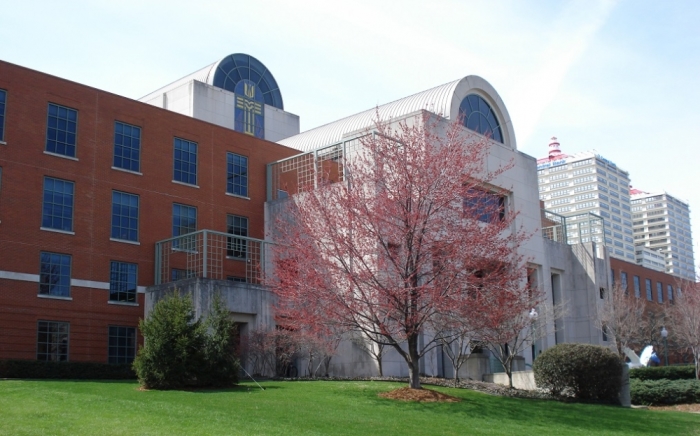
The Presbyterian Church (USA) will require ordination candidates to be asked about their views on LGBT issues, a move critics claim will discriminate against biblically-grounded theological conservatives.
A majority of PCUSA presbyteries, or regional bodies, have approved Amendment 24-C, which changes G-2.0104b of the Book of Order to require candidates to be asked about their views on issues including sexual orientation and gender identity.
The amendment passed the minimum threshold for passage last week, according to a webpage tracking the presbytery vote count that was overseen by the theologically progressive Covenant Network of Presbyterians.
As of Monday morning, Amendment 24-C has been approved by 86 presbyteries, two more than the 84-presbytery minimum for passage. Also, as of Monday, 45 presbyteries have voted against it.
The amendment is scheduled to take effect on July 4.
“This new language provides the church with a rich opportunity for deeper reflection, honest conversation, and authentic discernment,” said the Rev. Brian Ellison, executive director of CNP and supporter of the amendment, in a statement.
“I’m genuinely excited to see the ways these more comprehensive examinations will benefit LGBTQIA+ people, as well as those from other marginalized groups, as they hear more where they stand with those who would serve among them.”
Last year at the 226th PCUSA General Assembly, delegates voted to approve two proposed amendments that were collectively known as the “Olympia Overture,” named after the presbytery where it came from.
In addition to Amendment 24-C, there was also Amendment 24-A, which added gender identity and sexual orientation to the anti-discrimination statement found in the Book of Order’s F-1.0403, which states that “God unites persons through baptism regardless of race, ethnicity, age, sex, disability, geography, or theological conviction.”
Although Amendment 24-A passed the General Assembly by a vote of 389-24, Amendment 24-C was passed by a closer margin of 297-130 and garnered considerable debate among delegates.
Proponents argued that Amendment 24-C was necessary to help weed out discriminatory sentiments, while critics argued that it unfairly targets theological conservatives.
In advance of last year’s General Assembly, approximately 150 clergy signed an open letter against the proposal, claiming that “key portions of this overture threaten to undermine” the theological diversity of PCUSA.
“Specifically, the overture’s proposed changes to G-2.0104b appear to introduce an ordination question that is deeply at odds with our core Reformed tenet of freedom of conscience,” stated the open letter.
“This amendment would immediately disqualify and exclude many faithful and dedicated Ruling Elders, Teaching Elders, and Deacons from serving due to their convictions. Moreover, it risks imposing a non-negotiable and rigid standard on an issue where faithful Christians hold differing views.”

















